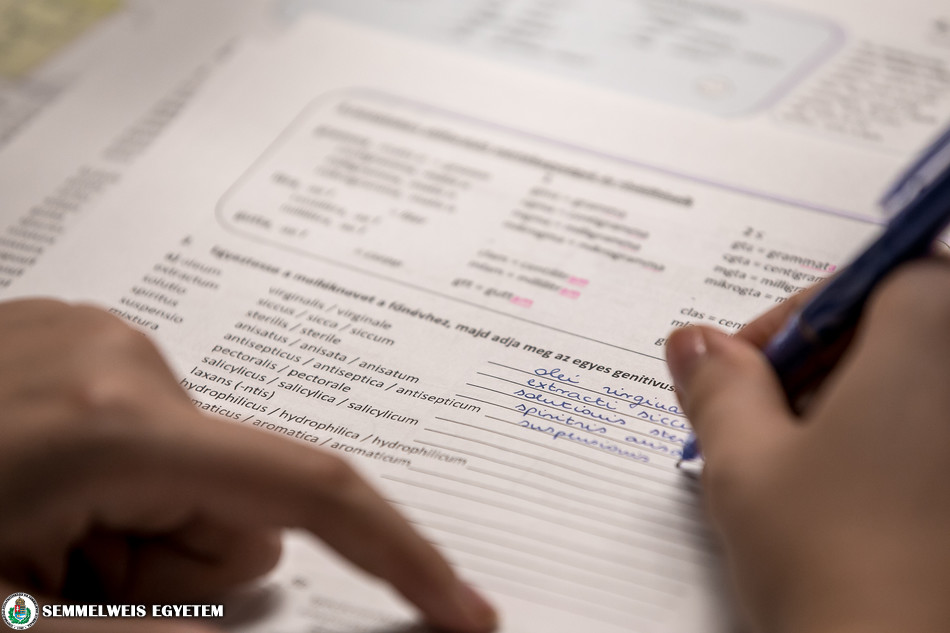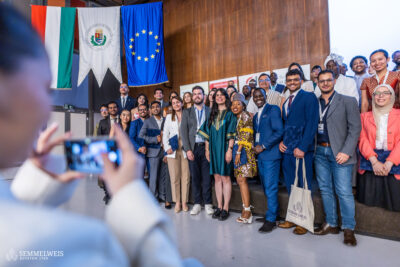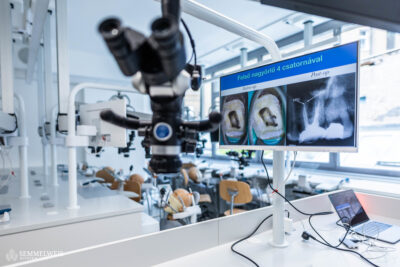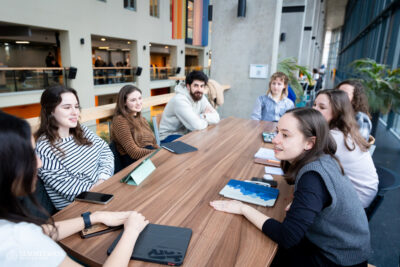“The three international occupational language exams offered by Semmelweis University are often difficult to access in neighbouring countries;” said Dr Katalin Fogarasi, Director of the Institute, explaining the reasons behind the program’s growing popularity, “consequently, Semmelweis attracts medical professionals and students from across Central and Eastern Europe.”
Once our graduates have passed their language tests, they are licensed to work as doctors or employees in the healthcare systems of their target countries.
The latest addition to the portfolio is the Occupational English Test (OET), an Australian-based suit developed exam, offering tailor-made exams for 12 professional areas ranging from medicine through dentistry to speech pathology.
“This is a widely recognised, well-respected qualification,” explained Magdolna Pálinkás, Vice-Director for Strategy and Quality Management Coordinator, “The OET is accepted by regulators, hospitals, and universities in the UK, the US, Ireland, Australia, New Zealand, Dubai, and Singapore, along with hundreds of institutions from numerous countries worldwide, so we are delighted to now be offering it to our students at Semmelweis.”
Following a two-year accreditation process, the first OET English exam at Semmelweis was held on February 10, 2024. A total of at least eight OET English exams are scheduled for each year, with a capacity of 20 students for each date. In the central European region, the paper-based exam is only available at Semmelweis University, Belgrade, Bucharest, and Berlin, so candidates from across the region are expected to apply. Exam preparation courses are also offered by the university, and these are held by certified instructors.

For students wanting to take the medical German telc Medizin Fachsprachprüfung and the B1-B2 telc Pflege language exam for nursing, Semmelweis University offers the only such opportunity outside of German-speaking countries. The written part of the medical exam is followed by an oral simulation, conducted by a language examiner alongside an authorised medical doctor from Germany. As Dr Katalin Fogarasi emphasises, Exam preparation is supported by dedicated online prep courses, and in-house, one-day exam training sessions.
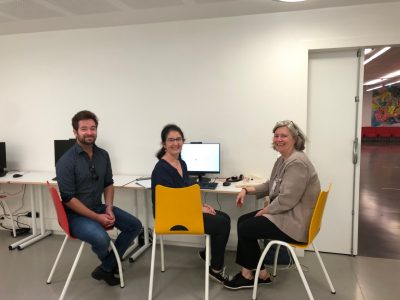
The third medical language exam at Semmelweis is the B1-B2-C1 DFP (Diplôme de français professionnel) exam in French. Available at Semmelweis since 2022, the DFP is accepted in France, Monaco, Luxembourg, Belgium, and the French cantons of Switzerland, as well as in other francophone countries around the world. “The exam is highly popular with students at Semmelweis who see career opportunities in French-speaking countries or other regions which receive French-speaking patients in healthcare settings,” said Dr. Dániel Mány, Vice-Director for Research and Innovation, Head of DFP exam at Semmelweis. “The exam is also popular due to its lifelike content, easy to grasp requirement scheme, and lifetime validity.”
The Institute, in addition to its role as a test centre, also offers its undergraduate students credit-based language courses in English, German, and French, and in many other languages including Spanish, Russian, Italian, and Hungarian.
Thanks to the Institute’s research-based international network (including Healthcare Communications CEEPUS-Network’s Central European exchange program), online and in-person language courses are open not only to those at Semmelweis, but to students, researchers, and instructors from participating institutions around the world. In all languages taught at the Institute, classes are offered from the beginner to the advanced level, with beginner courses offered via the third medium of international English where expedient.
Judit Szabados-Dőtsch
Photo: Attila Kovács, Institute of Languages for Specific Purposes – Semmelweis University
